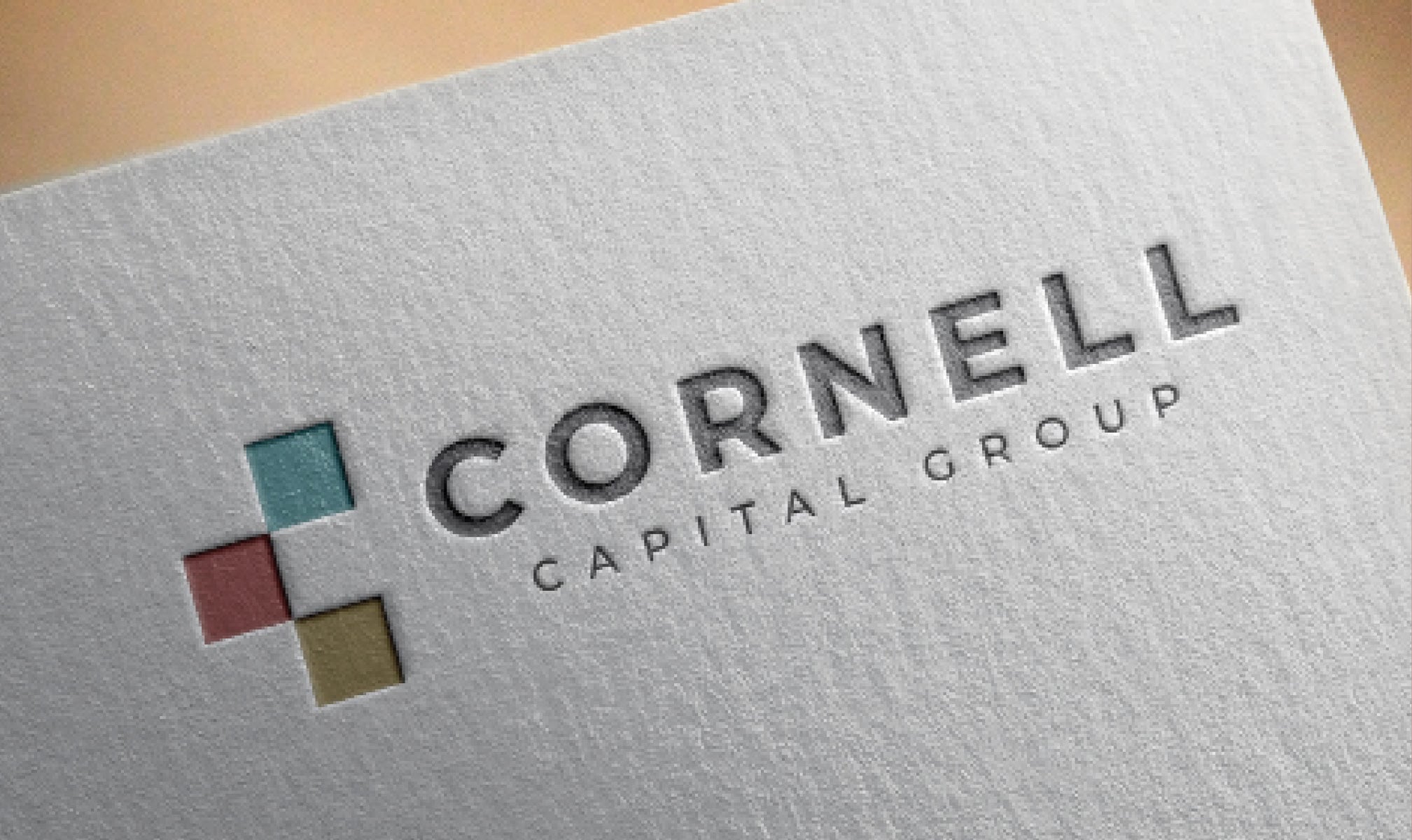The Continuing Market Melt-up The third quarter sustained the upward momentum in the market, which…
#43 Reflections on Investing : “Valuing The Automotive Industry”, One Year Later
We revisit “Valuing The Automotive Industry” our in depth report from last year.
“Valuing The Automotive Industry” (Nov. 2021)
Hello and welcome back to “Reflections on Investing with the Cornell Capital Group.” One year ago today, the Cornell Capital Group published a report on valuing the automotive industry, and that report relied on one key concept from economic theory, which we believe is critical for investors to bear in mind. Namely, there’s a distinction between the social benefits provided by a product and the benefits that accrue to producers of that product.
For example, automobiles have been an incredibly socially beneficial invention. There are currently nearly as many cars as there are people in the United States, and most people love their cars and wouldn’t give them up. But the industry has, throughout its history, been highly competitive and capital-intensive. The economic theory point is that in a competitive industry, investors can’t earn more than a fair rate of return. So, the value of the company, its operating value, is typically just about equal to the capital that investors have put in. If you see a company trading massively more than its invested capital, it must be because the market believes that there are some barriers to entry that prevent competition from driving down the rates of return that the company can earn.
Our point in our report was that this is not the case for the automobile industry. For example, let’s go to the computer here. I have a graph of U.S. automakers from 1908, when the industry really started, to today. There have been over 2,000 U.S. automakers, and in 1914 alone, there were over 200. All but three have failed, some of them multiple times. This is not because they weren’t making a product that Americans demanded; it was because the industry was highly competitive and capital-intensive.
Reaching that conclusion led us to draw out its investment implications. Specifically, at the end of the report, we said, and I quote: “Without significant barriers to entry, none of the firms in the industry can create significant value, so the Enterprise Value will only be slightly greater than the capital supplied by investors, commonly referred to as the invested capital.”
The problem was that the EV (Electric Vehicle) specialists were trading at prices far in excess of their invested capital. So, we concluded that because we believe the competitive structure of the market will remain unchanged, it is our view that, in the long run, the Enterprise Value to invested Capital ratio will regress toward its historical average of about 1.1, primarily due to stagnation or outright decline in stock prices of auto manufacturers. We went on to say, “Over the next decade, it will be difficult for investors in auto manufacturers to earn meaningfully positive stock returns, with the outlook for investment in electric vehicle specialists being particularly bleak because their prices were at that time so high relative to invested capital.”
So, what’s happened since? Let’s go back to the computer. We show the price of the EV specialists, some of the big American manufacturers, and the two market indices on the day we published the report, which was November 22, 2021. We compare that to the closing price on Friday, November 18, 2022. You can see that the EV specialists are down an eye-watering 62 percent. We expected something of this nature but not that much. In comparison, the traditional manufacturers are down an average of 27 percent. However, part of that may be a washing out of the frothy enthusiasm for electric vehicles that drove their prices up, but nothing like the prices of Lucid, Rivian, Tesla, and so forth. In comparison, the market was down about 15 percent on the S&P and 30 percent on the NASDAQ. So, you can see that the EV specialists were down even more.
Now that they’re down an average of 60 percent, are they a bargain? Is it time to be buying Tesla, buying Rivian, buying Lucid? Our answer is no. When you look at the ratio of invested capital to operating value, it still indicates maybe slight overpricing. From our standpoint, the market remains highly competitive, capital-intensive, and not a particularly good investment with regard to EV specialists at this time.
But putting aside our view of the stocks, the central point that we’d like you to take away is the importance of barriers to entry in evaluating an investment in common stock. It’s not the quality of the product alone; it’s the quality of the product and the ability to prevent entrance. For example, Apple trades at an operating value to invested capital ratio of 12. That’s not only because Apple makes great products; it’s because competition has not been able to erode their margins. So, keep this in mind when you look at any equity investment.
This has been “Reflections on Investing with the Cornell Capital Group.” Thanks for joining us.

